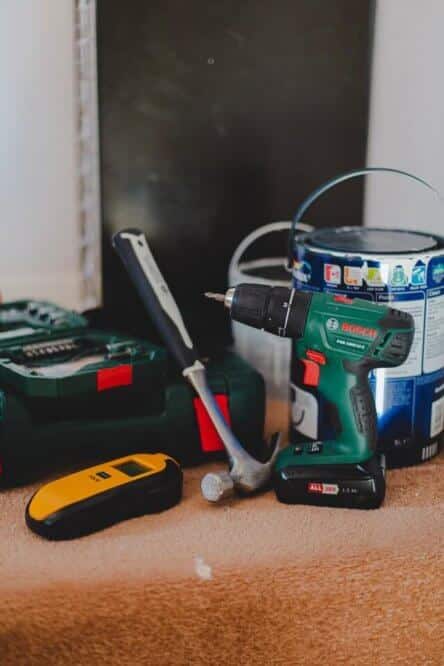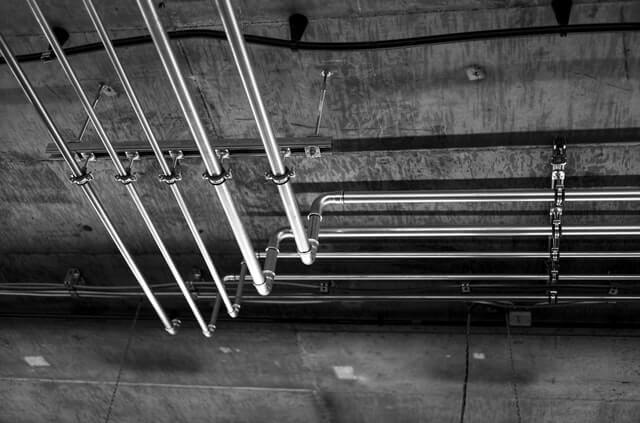Using natural gas as fuel for your heating system is great. It is one of the most efficient ways to get your house warm. Then again, it can become extremely dangerous if you don’t maintain it properly. That is why it is important to choose a perfect piping system and take care of it. Think ahead and get to know your piping needs to prevent possible disasters. So can you use galvanized pipe for gas?
Different Types of Pipes
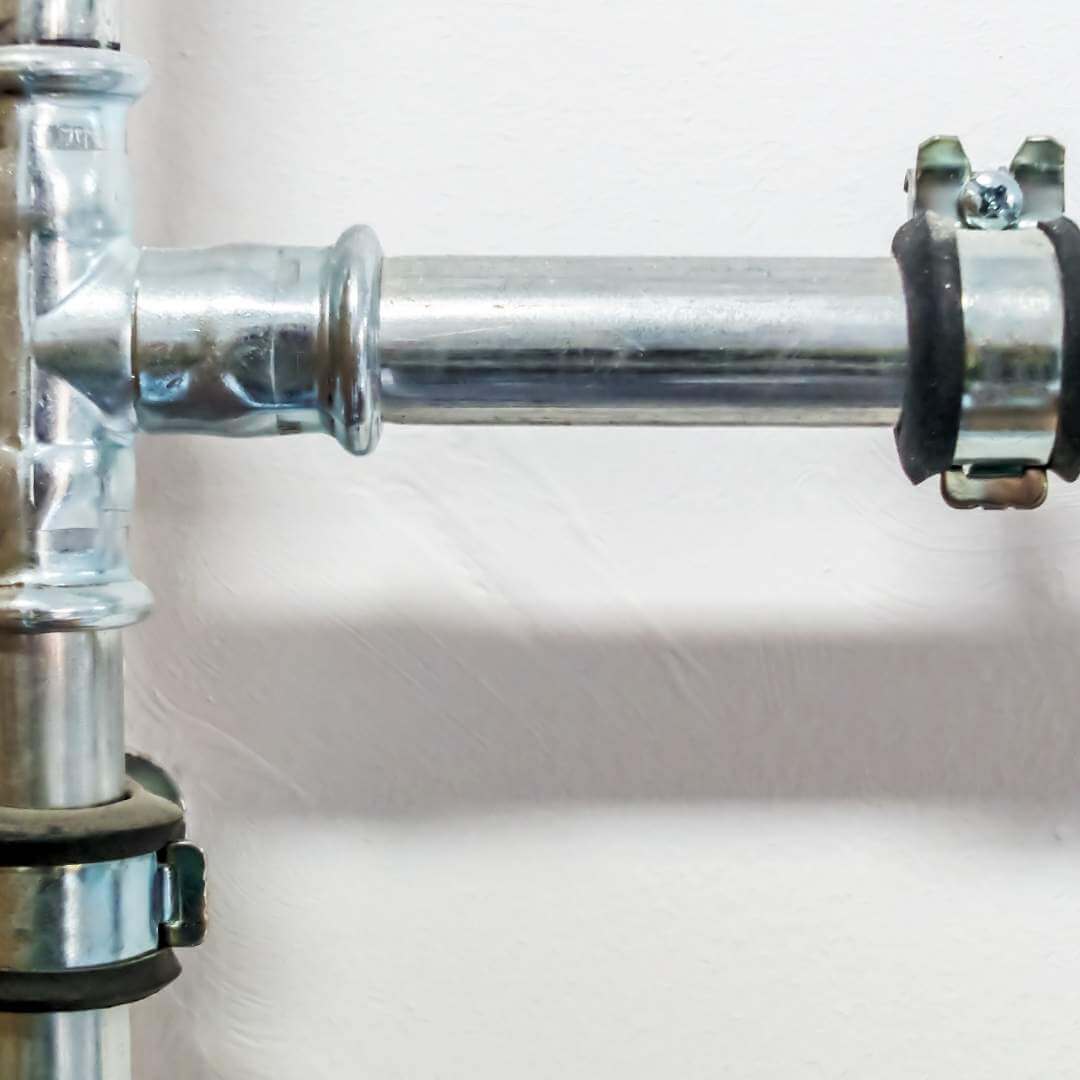
You can categorize them by the industry they are used for or the fluids they are supposed to transport. However, the easiest classification is by the material from which the pipes are made. This way, we can recognize the following:
- PVC pipes
- Cement pipes
- Carbon steel pipes
- Copper pipes
- Cast iron pipes
- Black steel pipes
- Galvanized steel pipes etc.
Even though nowadays there are more durable options, the last two types of pipes are still most commonly used in households.
As the name says, black and galvanized steel pipes are steel. The main difference is that the galvanized pipe is covered with a protective zinc coating, and black is not. It is believed that zinc increases the life of the line, thus making it more resistant to rust and corrosion. [1]
And What is Galvanized Pipe Mainly Used For?

Piping with galvanized steel pipes became popular during the 1960s. At that time, they believed they would last for 80 years because of the mentioned coating. As a result, galvanized pipes were used for water supply lines in almost every household.
However, reality shows a different scenario. After decades of water exposure, galvanized pipes will eventually start rusting. And when they do, rust slowly accumulates inside the lines.
The tube becomes smaller, the water flow drops, and it can make clogs. Furthermore, water can become brownish, and some research suggests it may connect with lead in our drinking water. [2]
But other than water usage, galvanized pipes are also used for kitchen plumbing, home drainage systems, outdoor railings, and farm irrigation.
What is Black Steel Pipe Used For?
As we mentioned, black steel pipes don’t have a zinc coating. Therefore, they are less expensive but equally strong and durable as galvanized.
Black steel pipes have a variety of use: for transportation of gas and water, sewage systems, gas distribution inside a household, or fire sprinkler systems (they are more fire-resistant than galvanized pipes).
Nonetheless, they are not used for water supply lines. In addition, black steel pipes tend to rust, so there is a possibility that the mineral of the pipes will dissolve into the water.
Can You Use Galvanized Pipe for Gas?
To return to the main question – you most likely can use galvanized pipe for natural gas.
Anyhow, there is a certain code called The International Fuel Gas Code. It is a regulation document that gives you detailed instructions about the proper usage of fuel. For example, you can read that it allows galvanized pipes for natural gas delivery systems throughout the US. Furthermore, galvanized or another type of pipe must meet the Code’s standards. [3]
However, before making your definite choice, there is another thing you should do. It would be smartest to check with your local codes department to see if they have different requirements. It is even possible that some county forbids the usage of galvanized pipes.
But, why avoid galvanized pipes for gas?
It was a common belief that it is best to avoid galvanized pipes. Moreover, it has been forbidden in some states to use galvanized fittings for natural gas. Even though The International Fuel Gas Code now allows to use of them, some states may haven’t changed their Code yet.
The main reason for the prohibition was simple: the quality of galvanizing pipes was poor. Nowadays, the process of dipping in zinc has been perfected, and there are no threats.
Also, the gas industry didn’t have such good regulations some time ago. So you could easily have coal gas delivered to your household instead of natural gas. And coal gas could cause a reaction with the zinc coating, causing clogging. Luckily, the natural gas industry is in charge of filtering, scrubbing, and removing harmful compounds from your gas.
Lastly, another reason a professional would advise you to avoid galvanized pipes – could be simply because you already use them for water lines in your household. By using black steel pipes, it would be easier to distinguish them.
Also, Can You Use Black Steel Pipe for Gas?
In short, you can use either black steel or galvanized pipes. But moreover, it is more likely plumber will advise you to go with the black steel type of fittings. The main reason for this is the cost difference and the widespread presence.
As for efficiency, the effect is pretty much the same. If you want to save a little money, go with the black steel pipes.
Can You Mix Galvanized with Black Steel Pipes?
The professional plumber will presumably advise you to avoid mixing different types of pipes in the same system. But there are no special issues if you use galvanized pipes when you already have black steel (and vice versa).
Moreover, no special code prohibits using galvanized and black steel pipes in your gas system. However, please check with your local building and the authorities if there is a certain veto.
What Kind of Pipe is Best for Natural Gas?
Even though the most common is the usage of black steel pipes – there are a couple more choices. For example, you could think about the options mentioned below.
Black Iron Pipes.
It is another form of steel pipe that is more malleable. However, the material is durable, heat resistant, and seamless, making black iron pipes a perfect fit for natural gas.
PVC Pipes.
Although PVC pipes are probably the cheapest option, some locations strictly forbid their usage. In addition, if not installed properly, PVC pipes can break or cause great damage to your house.
If PVC fittings are your first choice, double-check what types are pre-approved and safe for your natural gas system.
What Pipe Is Worst for Natural Gas?
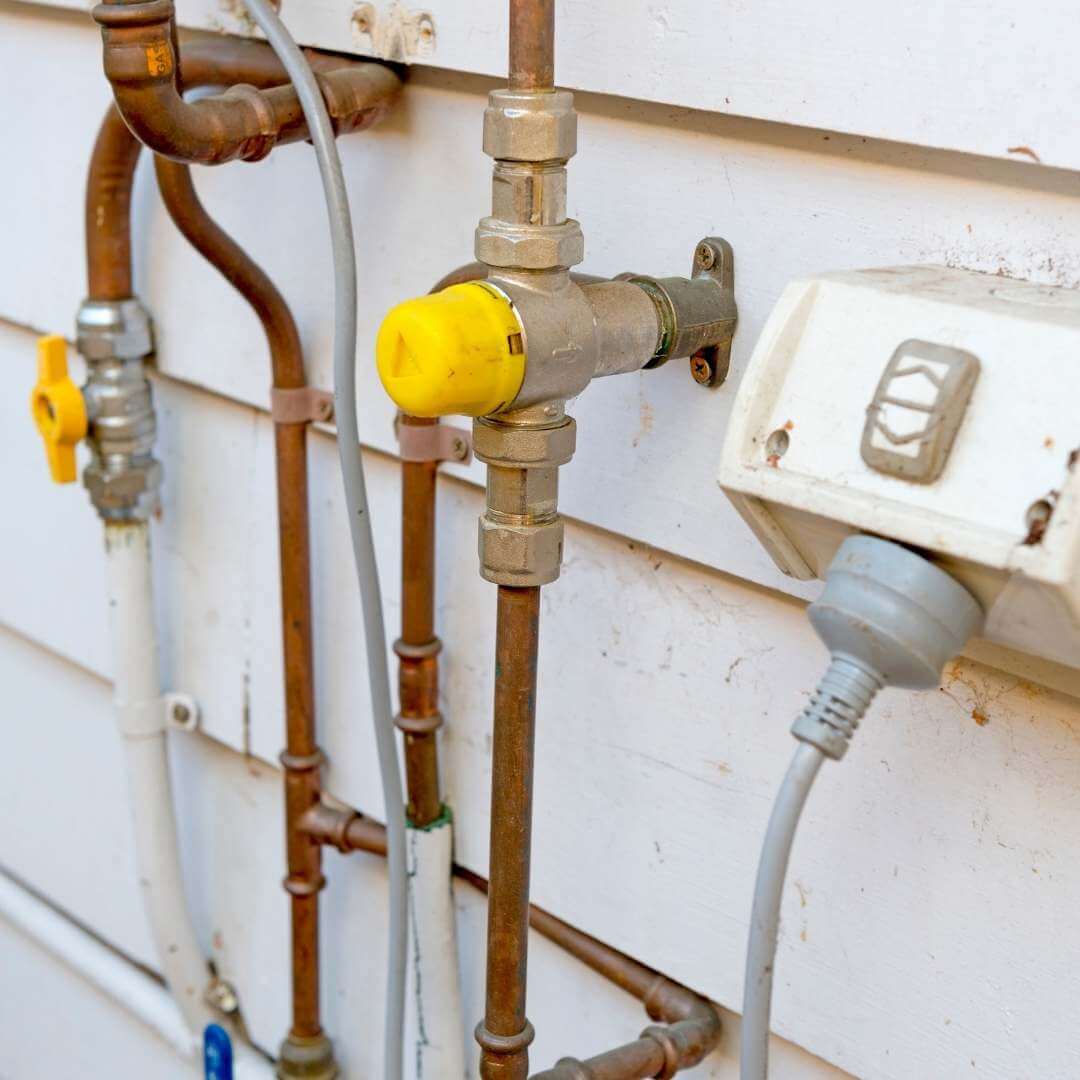
The answer, without a doubt, is copper pipes. However, even though they have many good qualities and can last a long time, copper pipes shouldn’t be used for the natural gas system.
People often mix natural gas with propane gas. That is why it is possible to get confused about good and bad choices of pipes for your supply system.
Furthermore, some believe that copper pipes are allowed – but they are only allowed with propane gas. In the case of natural gas, copper is never compatible.
So, if you have copper tubing at your house, remove it as soon as possible and avoid a major gas leak.
How to Choose the Right Pipes for Your Natural Gas Line?
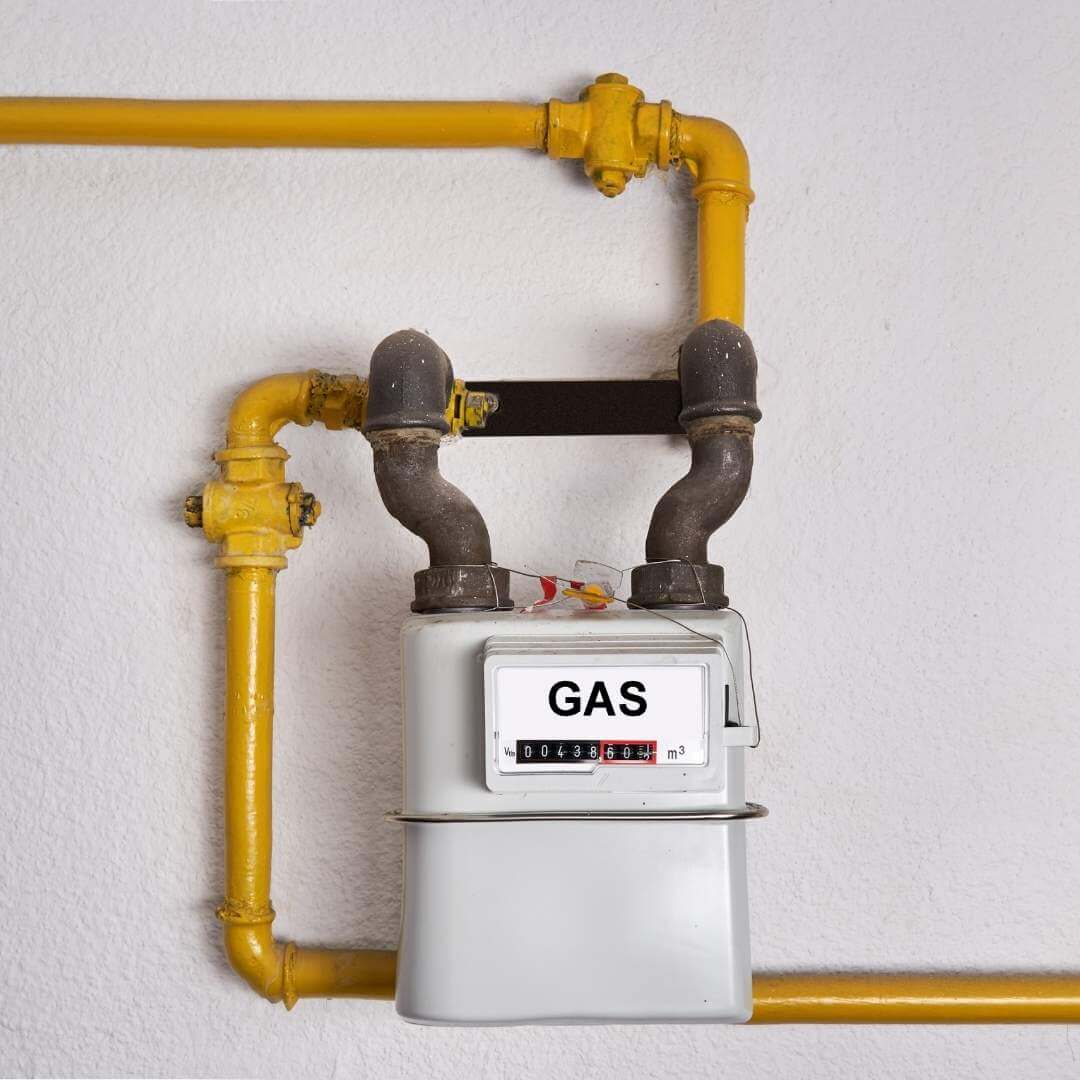
You get familiar with the pipes’ terminology and classification – but the question remains. What is the best option for your household and natural gas system?
The answer is easy. Whether you are planning on changing or adding any natural gas pipes – you will probably need permits from your local jurisdiction. While getting the licenses, you could also check the most common material used in your area and what pipes are allowed.
Also, any issues or fixing problems with natural gas should be done by a licensed plumber. So, even if you don’t know the local codes, a professional plumber will be familiar with them. He could also help you choose your pipes wisely.
Don’t forget that a natural gas system is a great and sufficient power source for your household. It is also a greener solution than coal or some other fossil fuels. But, at the same time, natural gas is a highly flammable fuel and must be handled with great care. If not, it can lead to fire, explosion, or gas poisoning.
If you notice any irregularities in your system, immediately call 911.
We will suggest some of the most common issues that can happen with the gas pipeline:
- Leaks. Inspect all the devices that use gas in your household and check for possible leaks. Be sure to check the owner’s manuals to recognize irregularities.
- The smell of rotten eggs. Since natural gas doesn’t smell, gas companies usually add chemicals called odorants. This way, it is easier to detect gas leaks. So, the stronger the smell, the more likely you are experiencing a gas leak.
- Hissing sounds. If you have a gas leak, you will most likely hear hissing sounds, even when the valve is turned off.
- High(er) gas bills. If the gas usage is higher than normal, check if the system is working properly.
Read Next: Replacing Galvanized Pipes with PEX

Michael Davis is a heating & plumbing expert who currently works as independent contractor in SC. He also writes for Plumbertip.
For almost 10 years he worked on various plumbing tasks across South Carolina.
